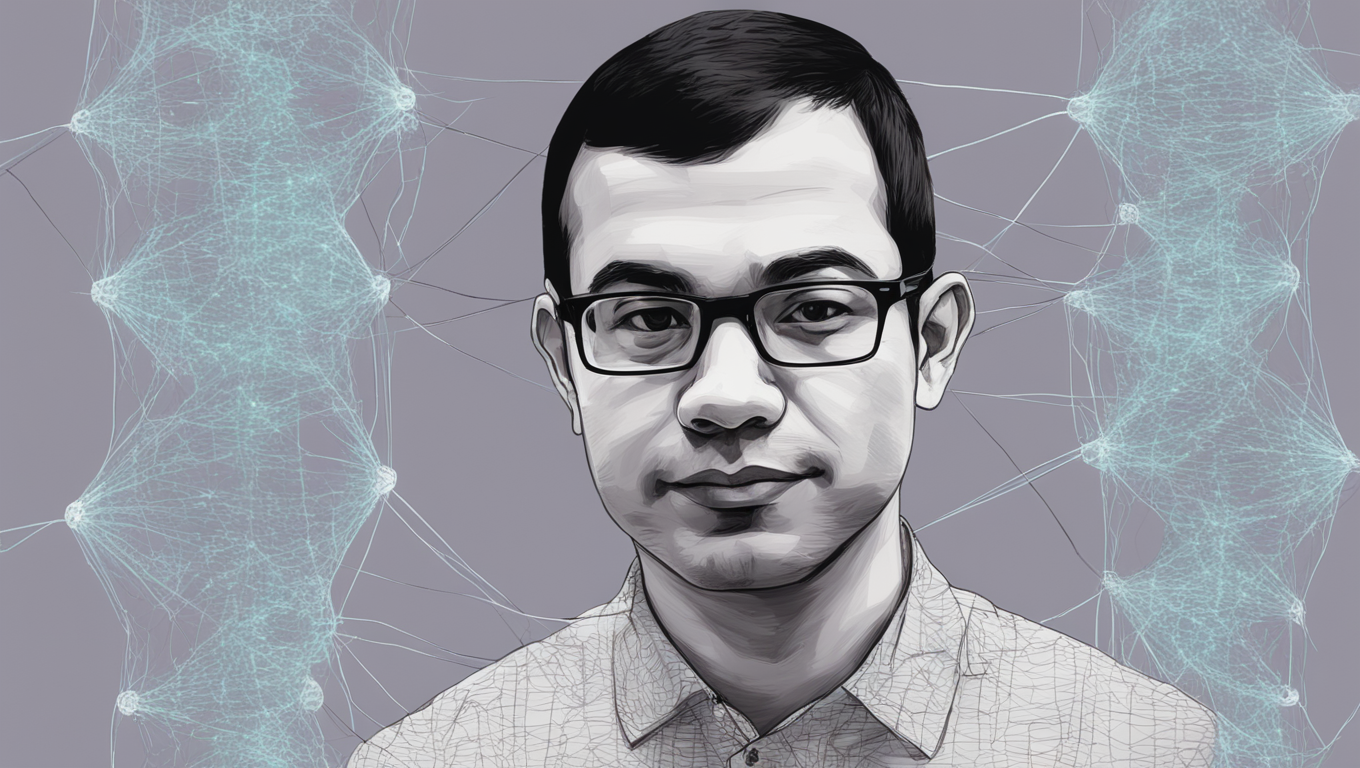#Harnessing the Power of AI: Demis Hassabis and the Future of Medical Research
In a recent interview with the Hard Fork podcast, Demis Hassabis, the head of Google’s AI division and co-founder of DeepMind, discussed the exciting potential of AI in revolutionizing the field of drug discovery. Hassabis highlighted the convergence of research and product tracks and emphasized the importance of feedback loops between AI research and application.
According to Hassabis, having tight feedback loops with well-designed applications is crucial for understanding how AI models perform in the real world. Academic metrics can only go so far, but the true test lies in whether millions of users find the product useful and beneficial. This approach has driven innovation within Google and has led to breakthroughs like AlphaFold, a system that accurately and rapidly predicts protein structures, opening new possibilities for drug discovery.
While the tech community is optimistic about the role of AI in medical advancements, public sentiment remains mixed. A study by the Pew Research Center revealed concerns about the increased usage of AI. To shift this perception, Hassabis believes that demonstrating the tangible benefits of AI through impactful applications like AlphaFold is crucial. By showing how AI can lead to the development of AI-designed drugs and cures for diseases, people will start to recognize the transformative power of AI in their daily lives.
Hassabis also revealed plans to take AlphaFold’s technologies into chemistry and biochemistry in collaboration with London-based drug discovery company Isomorphic Labs. They have signed significant deals with Big Pharma to work on real drug programs, with the aim of having AI-designed drugs in clinical testing within the next couple of years. This milestone promises to bring significant benefits to people’s lives and further showcase the potential of AI in the medical field.
Beyond healthcare, Hassabis envisions AI as a solution to some of the world’s most challenging problems. By leveraging AI’s ability to handle vast combinatorial search possibilities, domains like chemistry and material science can benefit greatly. Finding drug compounds with no side effects, discovering new materials, or designing the ultimate battery are just a few examples of how AI can make a significant impact.
Hassabis’s optimism about AI’s potential goes beyond technological progress. He sees AI as a tool to tackle pressing global challenges and believes in its ability to reshape various scientific fields. From healthcare to materials science, the future looks promising as AI continues to unlock new possibilities and transform the way we approach research and innovation.
As the world awaits the arrival of AI-designed drugs in the clinic, it is clear that Demis Hassabis and his team are at the forefront of a revolution that has the potential to change lives and shape the future of medical research. The fusion of AI and healthcare holds tremendous promise, and we are only a few years away from witnessing its tangible benefits firsthand.





Use the share button below if you liked it.